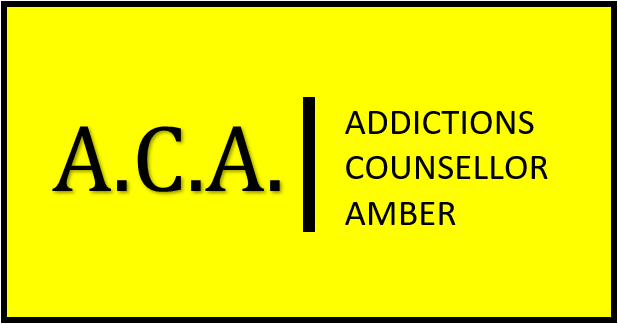Should I Quit Drinking or Just Cut Down? A Personal Journey to Finding Balance
Deciding whether to quit drinking altogether or simply reduce your alcohol consumption can be a significant and introspective decision.
It's not uncommon for individuals to question their relationship with alcohol and consider making changes to improve their overall well-being. In this blog, we'll explore the thought process behind wondering if you should quit drinking or just cut down, and provide some insights to help you find the right path for yourself.
Understanding Your Relationship with Alcohol:
Alcohol consumption affects everyone differently, and it's essential to reflect on your personal relationship with alcohol. Start by asking yourself a few key questions:
1. How does alcohol impact my physical health?
Consider any negative effects you may have noticed, such as increased fatigue, weight gain, disrupted sleep patterns, or overall decline in well-being.
2. What are the emotional and mental consequences?
Reflect on how alcohol affects your mood, self-esteem, relationships, and overall mental health. Do you find that alcohol exacerbates anxiety, depression, or stress?
3. How does alcohol impact my relationships and social life?
Evaluate whether your drinking habits affect your interactions with family, friends, or colleagues. Are there instances where alcohol has caused conflicts or strained relationships?
4. Do I rely on alcohol to cope with certain situations?
Identify if you tend to use alcohol as a crutch to deal with stress, boredom, or other emotional challenges. This can indicate a potential dependency or unhealthy coping mechanism.
5. Am I able to control my drinking?
Examine your ability to set boundaries and adhere to them. Are you able to stop after a few drinks or do you often find yourself losing control and engaging in excessive consumption?
Considering Quitting:
If, after self-reflection, you find that alcohol is significantly impacting your physical or mental health, relationships, or overall well-being, it may be worth considering quitting altogether. Some reasons to quit may include:
1. Health improvement:
Quitting alcohol can lead to better sleep, increased energy levels, improved mental clarity, and a reduced risk of developing long-term health issues.
2. Emotional well-being:
Alcohol can often exacerbate underlying mental health conditions. By quitting, you may experience improved mood stability, reduced anxiety, and increased emotional resilience.
3. Relationships:
Ending your reliance on alcohol can help foster healthier relationships and improve communication with loved ones. It allows you to be present and engaged in social interactions without the haze of alcohol.
Opting to Cut Down:
For individuals who don't experience severe negative consequences but still recognize that their drinking habits could be healthier, cutting down might be a viable option. Consider the following:
1. Setting limits:
Establish clear boundaries and guidelines for your alcohol consumption. This could involve designating specific days of the week for drinking or implementing a maximum drink count per occasion.
2. Seeking support:
Reach out to friends or family members who can help keep you accountable and encourage moderation. Consider joining support groups or seeking guidance from a therapist or addiction counselor.
3. Exploring alternative activities:
Discover and engage in alternative hobbies or activities that don't revolve around alcohol. This can help you broaden your social circle and develop new interests.
4. Educating yourself:
Learn about responsible drinking guidelines and the potential risks associated with excessive alcohol consumption. Educating yourself can help you make informed decisions about your drinking habits.
Conclusion:
Deciding whether to quit drinking entirely or reduce your alcohol consumption is a personal journey that requires honest self-reflection. It's essential to prioritize your physical and mental well-being, as well as the quality of your relationships. Remember, seeking support from loved ones, professional counselors, or support groups can provide valuable guidance and assistance along the way.
If you find yourself needing additional support and guidance on your journey towards a healthier relationship with alcohol, consider seeking professional counseling. As a qualified addiction counsellor, I am here to help you navigate the challenges you may face and provide you with personalized strategies for success.
With my expertise in addiction therapy, I can offer a safe and non-judgmental space for you to explore your feelings, develop coping mechanisms, and create an individualized plan tailored to your unique circumstances. Through evidence-based approaches and compassionate guidance, I can assist you in making positive changes and achieving a healthier, more fulfilling life.
Don't face this journey alone. Take the first step towards a brighter future by scheduling a counseling session with me. Together, we can work towards your goals, address underlying issues, and empower you to make lasting changes in your relationship with alcohol.
Remember, seeking help is a sign of strength, and you deserve the support and guidance necessary to overcome challenges and embrace a healthier, happier life. Contact me today to begin your transformative journey towards recovery and well-being.


